By Aminata Gueye
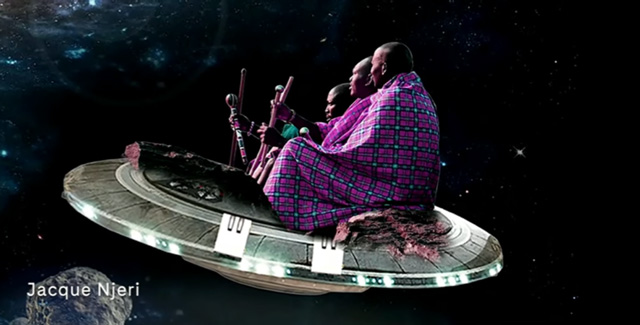
Afrofuturism: A cultural movement that uses the frame of science fiction and fantasy to reimagine the history of the African diaspora and to invoke a vision of a technically advanced and generally hopeful future in which Black people thrive: this movement is expressed through art, cinema, literature, music, fashion, etc. — Dictionary.com
Many people associate Afrofuturism with the Black Panther film (which made $1.3 billion worldwide) and Black artists like Missy Elliot, Andre3000, and Janelle Monae. In a “Black Women and Theories of the Future” seminar by the NYPL, Dr. Esther Jones of Clark University captured the sentiment behind it.
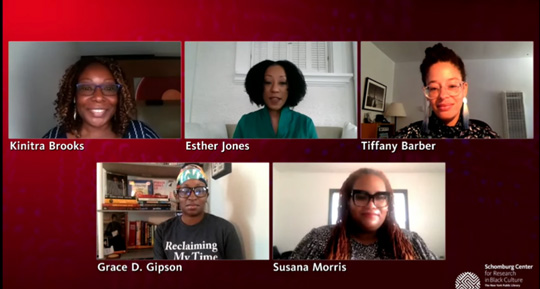
“Black women have always known that there is no ‘me’ without ‘you’ and without ‘us’ there is this need for all of us to be able to survive and thrive if any of us are gonna make it forward to any kind of future,” said Jones.
The Schomburg Center of the NYPL held its 10th Annual Black Comic Book Festival February 19, a collaboration with Carnegie Hall’s Afrofuturism Festival. This sold-out online event was one of three in the Black Feminist Future Series. The significance of this first event is that it closes out this year’s Black History Month. A gallery of Black/African American artists’ work on Afrofuturism was presented, capturing vibrant traditional West African fabrics, nomadic people, and photography of the Black diaspora at the intersection of robotics, technology, space travel, and science.
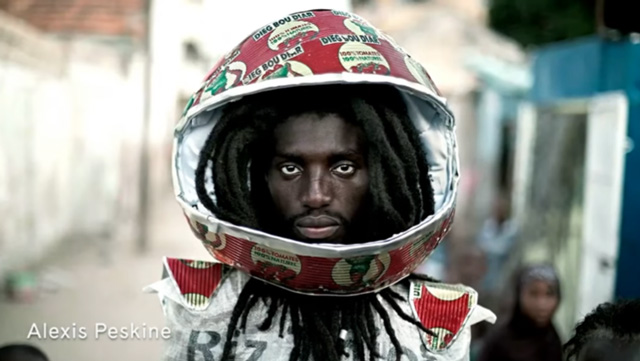
This event featured speakers Dr. Susana Morris from Georgia Institute of Technology, Dr. Kinitra Brooks from Michigan State University, Dr. Esther Jones of Clark University, Dr. Tiffany Barber from the University of Delaware, and Dr. Grace Gipson of Virginia Commonwealth University.
The discussion covered a variety of topics: fashion, music, art, literature, representation, Black history, and imagining distant futures where Black people maintain their traditions but are also at the forefront of progress.
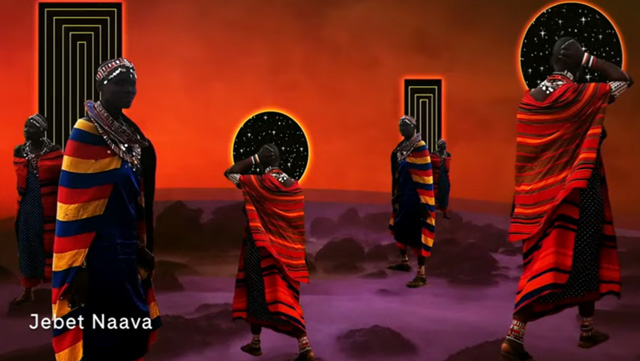
The panel was asked how early vernacular traditions of African Americans (like spirituals that mention themes of freedom from slavery) were Afrofuturist.
“One of the main threads in terms of a kind of revisionism to the way that Afrofuturism was first termed in the ’90s and as we already acknowledged that this was a practice that was happening at least as early as the l9th century- the practice of even imagining freedom, of imagining another world beyond bondage is a practice of Afrofuturism,” said Tiffany Barber.
Susanna Morris said she agreed completely and mentioned the work of Frances Smith Foster and Bill Andrews. “Many of us have already said Afrofuturism is not just about counter-future but about counter pasts too, so it’s inviting us today to reimagine,” said Morris. “When we look back at our ancestors, actually they had really radical robust rigorous notions of the future.”
Barber quickly quipped, “Even if mainstream history would have us thinking otherwise, so that part! That’s some non-Black nonsense!” Her fellow panelists laughed.
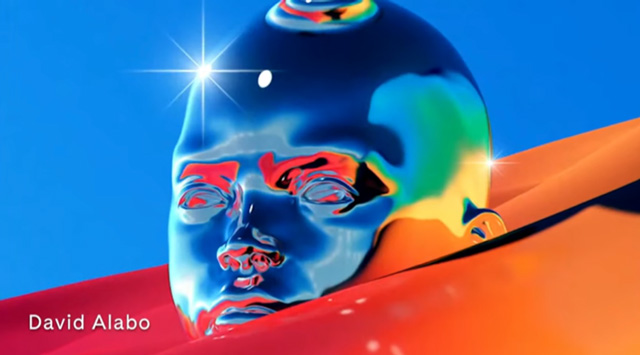
With Black Panther 2 being released later this year, you can learn more about Afrofuturism and Black feminist futures before hitting theaters. Free tickets are available now for the Schomburg Centers upcoming events “Black Women Planting for the Future” on March 9 and “Black Women organizing for the future” on March 24.



